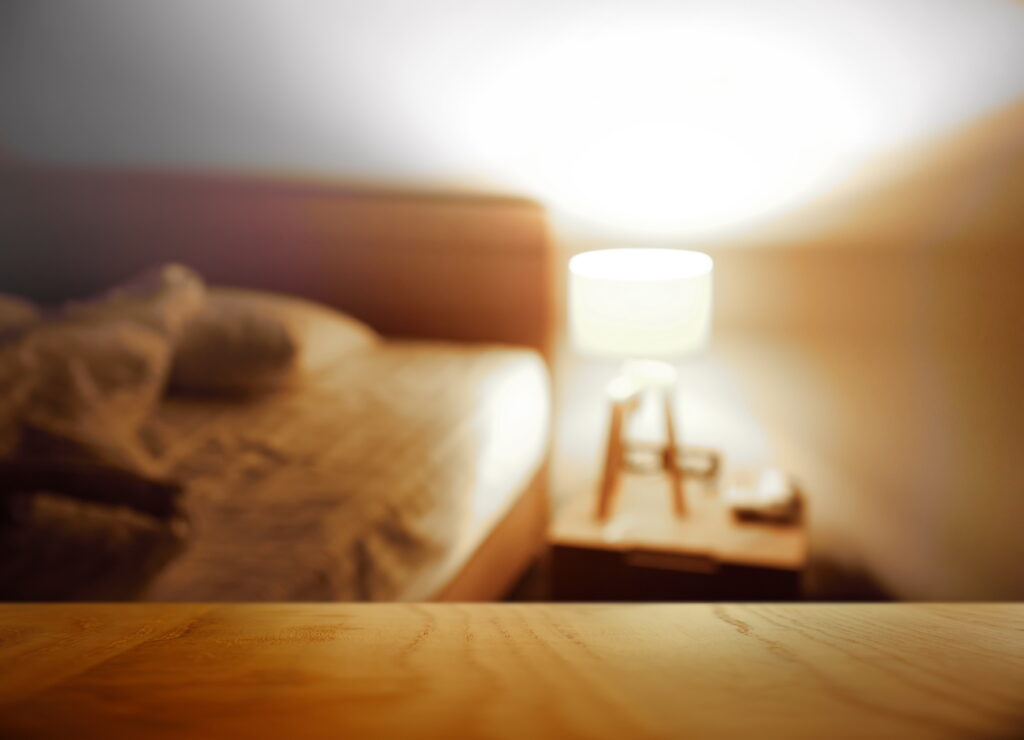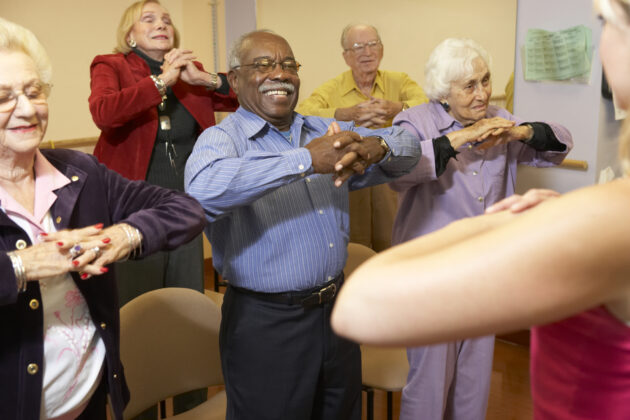
Spending too much time watching TV, playing video games, or looking at your phone can be bad for your health. You probably know that staring at screens for too long can impact your eyesight, and sitting down for long periods can affect your mobility. But there’s another issue with electronic screens: they emit artificial lighting, including blue light, which may affect your health.
Our exposure to artificial lighting has increased greatly in the last five decades. It doesn’t just come from your TVs, phones, and computers; it’s also light that comes from lamps, streetlights, and night lights. Although home lighting and your electronic devices are a part of your life, too much exposure to this artificial light can impact your health.
Links Between Artificial Light and Health
Our bodies use light and darkness to regulate everything from sleep cycles to how we handle stress and recover from injury.
We have an internal clock called a circadian rhythm that helps our bodies know when to sleep. Artificial lighting, especially at night, can throw off that rhythm. This can cause hormonal imbalances that are linked to health problems such as diabetes and heart disease.
Studies have shown a link between exposure to artificial light at night and health issues like depression and other mood disorders. One study analyzed previous research on relationships between bedroom brightness and mental health conditions. After reviewing nine studies, researchers found evidence for a link between exposure to artificial light at night and depression and mental health conditions. Research has even suggested that outdoor artificial light, like streetlights, may impact adolescents’ mental health.
Limiting Exposure to Artificial Light
If you are on your phone or a computer most of the day or spend your evening watching TV until you fall asleep, there is good news. You can reverse the effects of artificial light by reducing your exposure to it. This may mean that you have to change your sleeping habits. You might also need to pick up hobbies that involve few or no screens. Here are some ways you can reduce artificial light exposure:
- Turn off your TV, game consoles, and other electronic devices at least an hour before you go to bed.
- Dim any night lights or lamps you have to their lowest brightness setting
- Keep your phone, tablet, and laptop away from your bed.
- Explore new hobbies or relaxing activities. Read physical books, go outside more, exercise, or learn a new skill.
- Adjust settings on phones, computers, and tablets to lower the screen brightness.
- Invest in a pair of glasses that block blue light from screens.
If you experience symptoms of depression or other mental health conditions even after making lifestyle adjustments, your symptoms could be caused by something other than artificial light. You may want to consult with a mental health care professional to identify the cause. For more complex or chronic conditions, mental and behavioral health programs can provide crisis intervention, long-term treatment, and care management for people of all ages.
If you are struggling with mental health conditions or substance use disorder, our behavioral health services can help you get the care you need.
Remember that using your phone or watching TV is OK in moderation. But if you notice that you are with your devices most of the time and it is affecting your health, it may be a sign to take a break from them.



